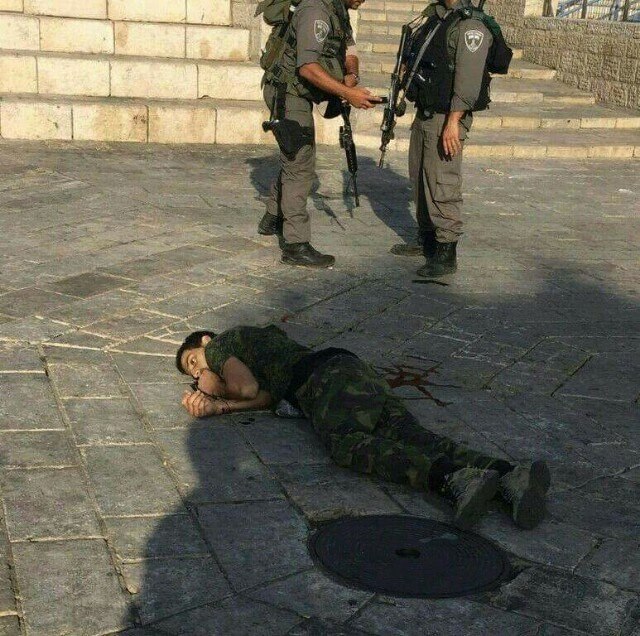Tag: Video
-
Israeli forces encroaching on every-day live in occupied Jerusalem
16th October 2015 | International Solidarity Movement, al-Khalil team | al-Quds (Jerusalem), occupied Palestine The Old City of al-Quds (Jerusalem) in the last few weeks has witnessed an explosion of Israeli forces’ presence, supposedly for ‘security reasons’. But having a closer look at – or just opening your eyes for – the multitude of restrictions,…
-
31 martyrs in 14 days: 20 year old murdered today in Jerusalem
14th October 2015 | International Solidarity Movement, al-Khalil team | Hebron, occupied Palestine The oldest was 30, the youngest just 2 years old. 31 Palestinians have been murdered by Israeli forces since an escalation in violence, triggered by restrictions on al Aqsa Mosque, spread like wild fire across the occupied Palestinian territories and the besieged…
-
The other occupation: Settlers terrorize Palestinians of the West Bank
11th October 2015 | International Solidarity Movement, Al-Khalil team | Hebron, occupied Palestine It was another emotional day for Palestinians in al-Khalil, (Hebron) after the burial of martyr Muhammad al-Jabari who was shot to death by Israeli forces near the entrance to the illegal Kiryat Arba settlement. Thousands filled the streets as the body of…



